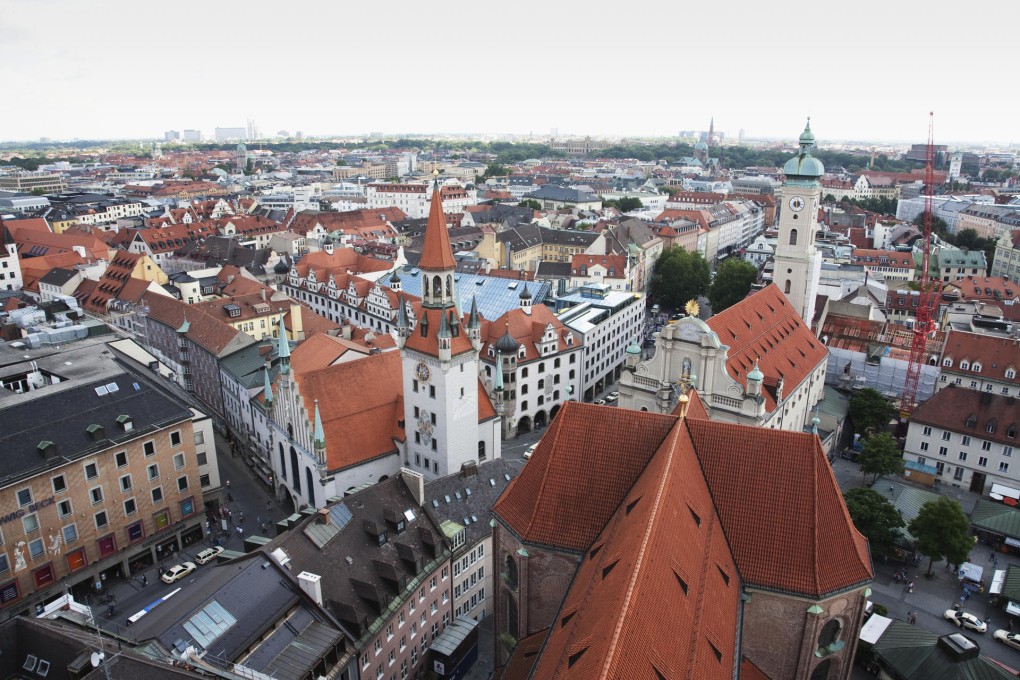Deutsch courage: How Germany is using language courses to attract tourists
Language courses allow visitors to soak up Germany's culture while honing a useful skill - and if it all becomes a bit too much, a beer garden is never far away. Joyce Man reports

It's a sunny afternoon in Berlin's upmarket Zehlendorf district and Carlos Lastras, from Madrid, Spain, is having the time of his life as he and a gaggle of tourists from Hong Kong, Russia, France and Italy trail a guide on a tour of the German city's architecture. They stop at houses designed by Ludwig Mies van der Rohe and Walter Gropius.
"I am fascinated by Bauhaus architecture," says Lastras, looking up from the notes he is taking.
Unlike most of the 68.8 million tourists who visited Germany last year, Lastras is speaking the local language - as are his fellow travellers and their guide.
Lastras, 41, works in an IT consultancy and is no ordinary tourist. He is enrolled in a two-week intensive language course at the Goethe-Institut. Germany's answer to China's Confucius Institute and France's Alliance Française, it offers language courses and promotes national culture at about 140 branches worldwide, 13 of which can be found domestically.
These courses - and similar ones offered by the likes of Humboldt University in Berlin, Munich's Ludwig Maximilian University, the University of Hamburg and other schools and independent academies - provide immersion in the country of BMW, Bayern Munich, bratwursts, beer - and extremely enthusiastic recycling - that no audio guide, Segway tour or interactive museum exhibit could hope to compete with.
Courses start with lessons in a classroom setting. If you don't know what the New Museum - on Berlin's Museum Island, its highlight is an ancient bust of Egyptian royal Nefertiti - is before you arrive, rest assured you will after repeatedly informing your classmates, " " ("I go to the New Museum") while practising the accusative case. And if you are not aware that Germans are crazy about cycling - or that some of them are called Hans - you will be after telling everyone, " " ("Hans travels to work on a bike"), to learn the dative case, and " " ("Hans fell from his bicycle"), to practise irregular verbs in the past perfect tense.
